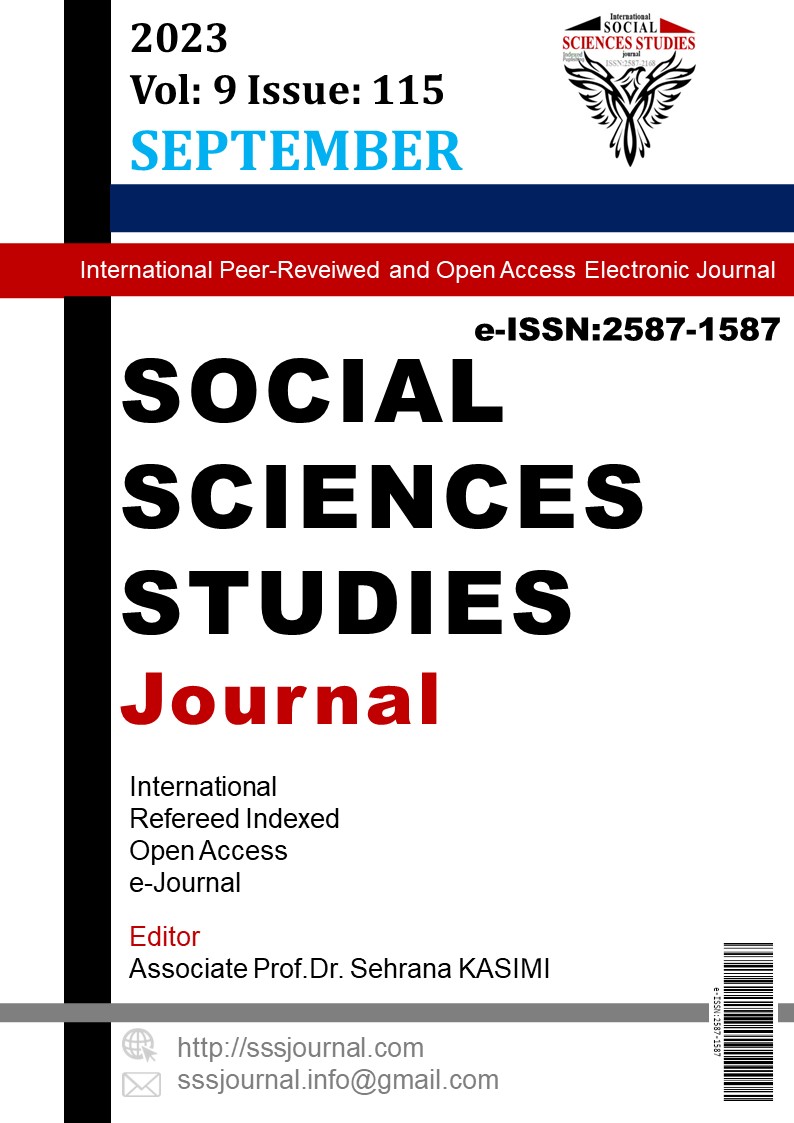Muhammed Abdulhalîm Abdullah’ın Min Ecli Veledi Adlı Romanında Sevginin Tutsaklığı ve Birey Olma Sorunsalı
Author :
Abstract
|
İkinci dönem roman yazarları arasında sayılan Abdulhalîm Abdullah (1913-1970), Mısır toplum yapısını, siyasî ve ekonomik şartların doğurduğu sorunsallar çerçevesinde eleştirmekten ziyade bireye odaklanmış, hikâye ve romanlarında “insanlık durumları” adını verdiği duygusal formları ön plana çıkarmıştır. Yazarın edebî yaşamını romantik ve gerçekçi başlıklar altında değerlendirenler olsa da Kıssatun lem Tetim (1972) romanı dışında diğer eserlerinde sevgi, intikam, aldatma gibi duygusal formları değişik kombinasyonlarla sunduğu ve bunu yaparken kadın karakterleri olumsuz rollerde betimlediği görülür. Yazar 1957 yılında kaleme aldığı Min Ecli Veledî (Oğlum İçin) adlı eserde de bu çizgisini devam ettirmiş, karı-koca arasındaki güçlü zayıf rollerini anne–oğul arasında modelleyerek tahakküm ve bağlılık konusuna işaret etmiştir. Tahakkümle güçlenen acziyet daha çok bağlanmaya neden olmuş, kabul görmek için birey olma hakkından feragatle sonuçlanan hikayeye rağmen romanda, sevginin bireyi besleyen en güçlü kanal olduğu örneklendirilmiştir. Roman bu çıkarımlara işaret eden pasajlar çerçevesinde ele alınacak ve Abdulhalîm Abdullah’ın bireyin tekâmülünde yüklendiği misyona işaret edilecektir. |
Keywords
Abstract
|
Abd al-Halim Abd Allah (1913-1970), who is considered among the novelists of the second period, focused on the individual rather than criticizing the Egyptian social structure within the framework of the problematics caused by the political and economic conditions, and emphasized the emotional forms he called 'human situations' in his stories and novels. Although there are those who categorize the author's literary life under the romantic and realistic headings, it is seen that in his other works, except for the novel 'Kıssatun lem Tetim' (1972), he presents emotional forms such as love, revenge and deception in different combinations, and in doing so, he depicts female characters in negative roles. In “Min Ajli Waledî” (For My Son),written in 1957, the author continued this line and pointed to the issue of domination and dependence by modeling the strong and weak roles between husband and wife between mother and son. The helplessness strengthened by domination leads to more attachment, and despite the story that ends with the renunciation of the right to be an individual in order to be accepted, the novel exemplifies that love is the most powerful channel that nourishes the individual. The novel will be analyzed within the framework of the passages that point to these inferences and the mission of Abd al-Halim Abd Allah in the individual's evolution will be pointed out. |
